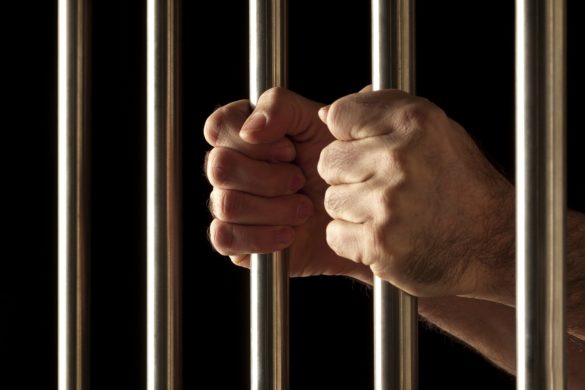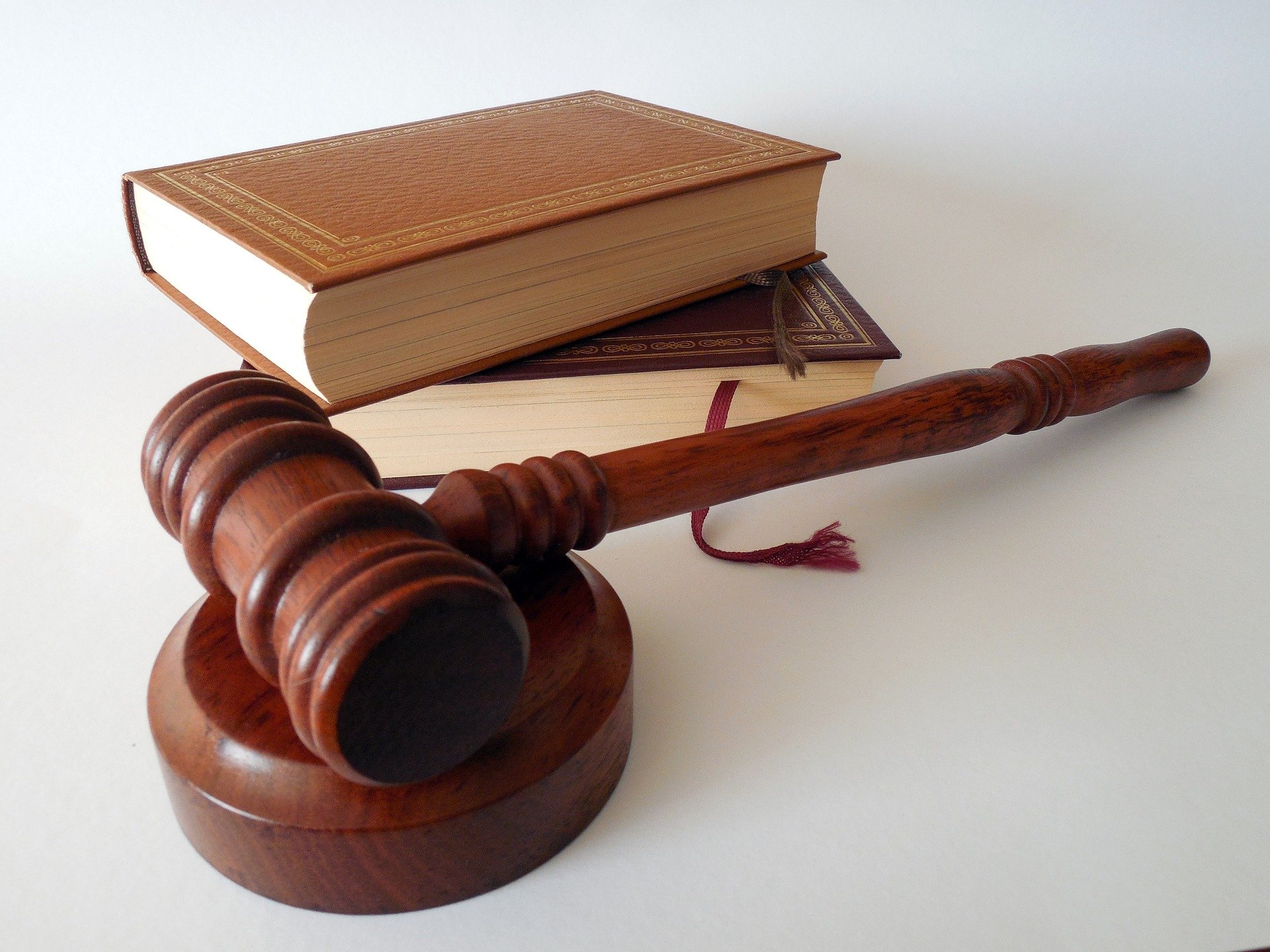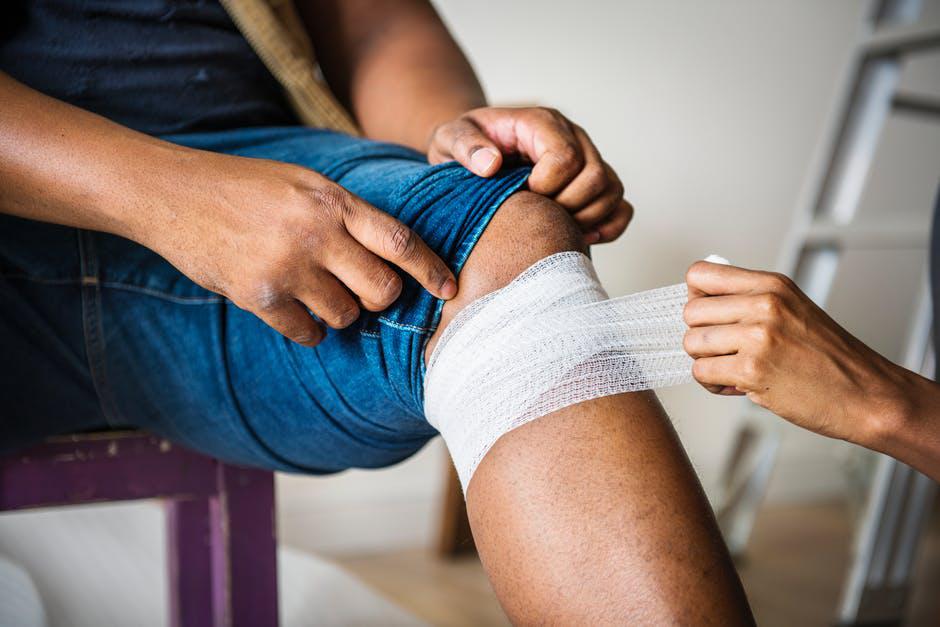
With constant bombardment with information about the dangers of identity theft, how do you know if you have been a victim? The following article will arm you with resources to make sure your identity is secure and ways to ensure that it stays that way.
- Visit the Background Check Source website to find the most reputable and cost-efficient way to do an online background check. Running a background check on yourself will give you insight into how much personal information about you is available on the internet. A background check will also reveal any background information associated with your name and date of birth that might not be you. If there is information about loans, debt, or a criminal history that does not belong to you, you can address the situation immediately.
- Pay attention to what you receive in the mail. Are you receiving bills for items you have not purchased or statements from accounts that you did not open? Some unfortunate victims of identity theft have been clueless that their identity was stolen until they received a property tax statement for a property they had not purchased. Also, keep a look-out for medical bills from providers you have never visited.
- If you know that you have excellent credit, but you find yourself denied a loan or credit card, you should immediately suspect identity theft. Lenders are required to send you a written denial, and the form should list the reason for denying your loan request. If the reason given indicates your credit score does not match their criteria, or if they list too much existing debt, this should trigger alarm bells.
- Pay attention to your bank account. Unauthorized withdrawals, payments that you do not recognize, or checks you did not write are all warning signs that your identity is compromised. If this happens, contact your banking institution immediately to report the fraud.
- You receive texts or email alerts regarding changes to your usernames or passwords for accounts. You should set up two-factor authentication for all financial account log-ins. If you receive a code for authentication that you did not request, contact the financial institution immediately.
- You check your credit report and find loans or other accounts that are not yours. You should check your credit report frequently, and immediately cancel and report any accounts that do not belong to you.
Identity theft is a crime. If you find yourself victimized, your first goal is to limit the amount of damage the thieves can do. Contact all your credit card issuers and your bank immediately, and let them know what has happened. It can create an inconvenience because you need the accounts frozen and new cards issued but it is the best way to stop the thieves from accessing any more funds.
As soon as you have frozen or suspended your accounts, contact your local police department. They may not be able to do much, but you may need the police report to support your battle to restore your credit and to dispute any charges made or money lost from your bank account. You should also contact the Federal Trade Commission and file a report.
Once you have placed a hold on all your accounts and filed a police report, check your credit report with all three credit reporting bureaus. File a dispute on any information that is related to the identity theft along with the explanation of how your identity was compromised.
It can be a harrowing, time consuming, and taxing experience when you become a victim of identity theft. It can often take months to recover your identity fully. Remain patient and follow-up with every agency and company involved to get the best possible resolution.
Far too often, identity theft goes undetected until the damage done is severe. To avoid the pain and hassle of dealing with identity-theft, take proactive steps to protect yourself.
- Sign up for credit monitoring from one of the three credit reporting bureaus. Many times, credit card companies or banks will offer credit monitoring for a small monthly fee. Credit monitoring gives you access to the information in your credit report and can send alerts when there are changes to your credit report.
- Use secure passwords that use a variety of numbers, letters, and symbols and use a unique password on each account.
- Avoid the use of public WiFi, if possible. If you must use public WiFi, only use it for browsing or streaming. Do not access your financial accounts while connected.
- Be careful about how much information you share online. Everything you do online creates a digital record, whether it is buying from online merchants or using social media. All of this data is then stored, and if someone can find enough personal information about you, then stealing your identity becomes possible.
- Use two-factor authentication for your email login. Your email is a treasure trove of personal information, so it is worth the extra hassle to keep it secure.









